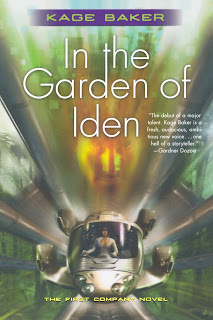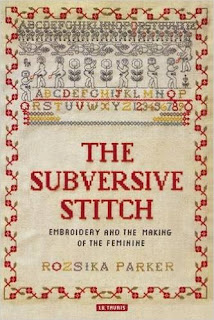Queen of Hearts

Queen of Hearts , by Rhys Bowen I've been on a fun-mystery binge lately. I mean, massive hits of Agatha Christie and Patricia Wentworth! Plus, I found a new Royal Spyness mystery, and realized I was completely behind with those, so I grabbed the two newest. I had particular fun with Queen of Hearts, the 8th in the series (I missed a few in the middle, they don't seem to be at the library). Georgie, penniless minor royal, is for once not worried about where her next meal is coming from.* Her usually-absent glamorous actress mother has swooped in and picked her up for a trip to America, where she will head to Reno for a quick divorce. During the Atlantic crossing, Georgie starts a hunt for a clever jewel thief and meets lots of glamorous types, including Cy Goldman (William Randolph Hearst in disguise). Goldman begs Georgie's mother to act in a Hollywood film while she waits, so it's off to Los Angeles...and Alhambra (aka Hearst Castle), where somebody pr...
















